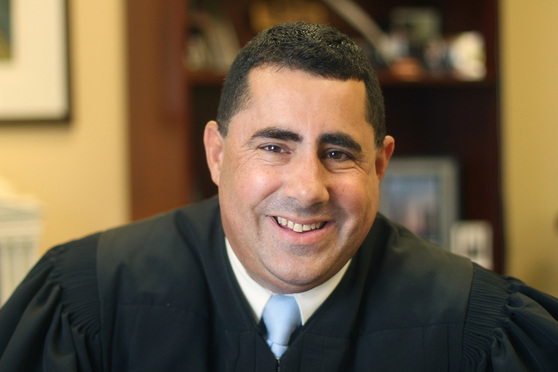Securing Justice: Stephen Millan’s Strategic Approach to Bail and Pre-Trial Matters
Securing Justice: Stephen Millan’s Strategic Approach to Bail and Pre-Trial Matters
Blog Article
The area of offender safety is consistently growing, and no one understands this a lot better than Stephen Millan. Being an experienced lawyer with a forward-thinking strategy, Stephen Millan has cultivated a distinctive perception on the future of offender defense. With changes in technology, legitimate methods, and societal objectives, the landscape of criminal law is starting a change, and Millan envisions the next wherever creativity, equity, and efficiency take middle stage in defense strategies.

Enjoying Technology in Criminal Defense
One of the very substantial changes Millan anticipates may be the increasing position of technology in offender defense. From artificial intelligence (AI) and knowledge analytics to improvements in forensic research, technology is revolutionizing the way in which instances are organized and argued. Millan predicts that in the foreseeable future, AI instruments is going to be essential to case planning, helping security attorneys sift through big quantities of evidence, find designs, and recognize weaknesses in the prosecution's case more efficiently.
Electronic tools will even streamline conversation between customers and attorneys, rendering it easier for defendants to remain educated and connected. The use of virtual courtrooms and digital evidence demonstration, especially accelerated by the COVID-19 pandemic, is anything Millan expects to continue growing, offering more accessible and efficient methods to conduct trials.
A Give attention to Offender Justice Reform
Millan can also be profoundly committed to criminal justice reform, a trigger he believes will shape the continuing future of criminal defense. He envisions another where in fact the justice system prioritizes rehabilitation over punitive actions, particularly for non-violent offenders. With rising community understanding about bulk incarceration and its societal impacts, Millan sees an chance for safety attorneys to enjoy an integral role in driving for more humane sentencing policies and solutions to jail time, such as community-based programs and restorative justice practices.
Moreover, Millan envisions a system where racial and socioeconomic biases are resolved more effectively. He thinks that as more information is gathered on disparities in sentencing and arrests, there will be a better push for equity in the legal program, leading to changes in how criminal safety is used and how plans are enforced.
The Rise of Collaborative Safety Teams
In the foreseeable future, Millan foresees the increase of collaborative security teams made up of not only attorneys but also professionals in areas like psychology, forensic research, and cultural work. These groups can work together to handle the difficulties of every case, providing more detailed and holistic security strategies. By leveraging the experience of numerous experts, the defense will offer more well-rounded fights, problem the prosecution's evidence more effectively, and eventually improve outcomes for clients.
This method aligns with Millan's belief that offender defense shouldn't be described as a solitary endeavor. Instead, protection attorneys works along side specialists to make sure that every part of the situation is extensively examined and every probable security avenue is explored.

Teaching the Public on Offender Law
Yet another crucial element of Stephen Millan's vision for future years is educating the public about their rights and the criminal justice system. He envisions a future wherever persons are greater equipped to know the appropriate functions they might encounter. As criminal protection lawyers like Millan carry on to improve understanding about problems like wrongful convictions, bail reform, and the importance of legitimate illustration, Millan believes that people can be proactive in seeking justice and more conscious of the methods offered to them. Report this page